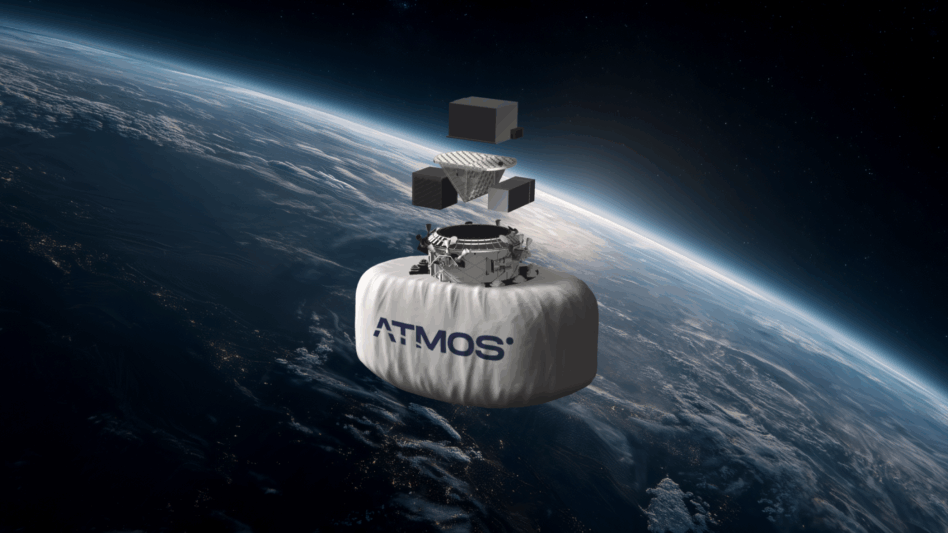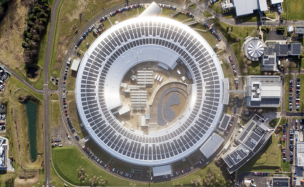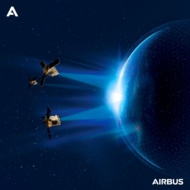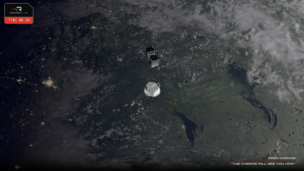German reentry startup ATMOS Space Cargo and Luxembourg-based manufacturer Space Cargo Unlimited (SCU) are aiming to launch their first collaborative mission to orbit and back in 2026.
The mission will be the first of seven free-flying orbital research missions where ATMOS’ Phoenix reentry vehicle will carry SCU’s BentoBox platform to help organizations manufacture and conduct research in microgravity.
The mission: ATMOS’ Phoenix 2 vehicle will launch aboard a SpaceX Falcon 9 rideshare mission, and spend weeks in orbit. Inside the reentry vehicle, SCU’s BentoBox platform will provide payloads with the right conditions and power to conduct customer in-orbit experiments, and transmit data home through ATMOS’ comms and ground segment infrastructure.
At the end of the mission, Phoenix 2 will blast through the atmosphere using its inflatable atmospheric decelerator tech—a type of inflatable heat shield that protects its payloads from the forces of reentry, and slows the vehicle’s descent.
Unlike Phoenix 1—ATMOS’ first mission—which landed off the coast of Brazil following a last-minute trajectory change due to SpaceX requirements, Phoenix 2 is planned to land in the Azores (an autonomous region of Portugal). There, ATMOS will attempt its first water recovery.
Made over Europe: The partnership between ATMOS and SCU intends to provide European customers with sovereign access to an in-space manufacturing and research destination.
The goal is to “make microgravity manufacturing as routine and accessible as terrestrial production, strengthening Europe’s sovereign access to and from orbit in the post-ISS era,” ATMOS CEO Sebastian Klaus said in a statement. The two companies are hoping to validate an in-space logistics business model that can service customers after the ISS is decommissioned in the 2030s.
In a previous conversation with Payload, Klaus detailed ATMOS’ long-term plans to increase the cadence of Phoenix flights to one per month, and potentially open a subsidiary in the US to capture demand from the US DoD. As demand scales, ATMOS’ technology could also scale, with the potential to take 25 metric tons of payload to orbit in one flight and open the door for large-scale factories in space, according to Klaus.




